Rescuing Diversity From the DEI Backlash
Diverse workforces are here to stay. Companies need to find new ways to manage them
Published 06-25-24
Submitted by IBM
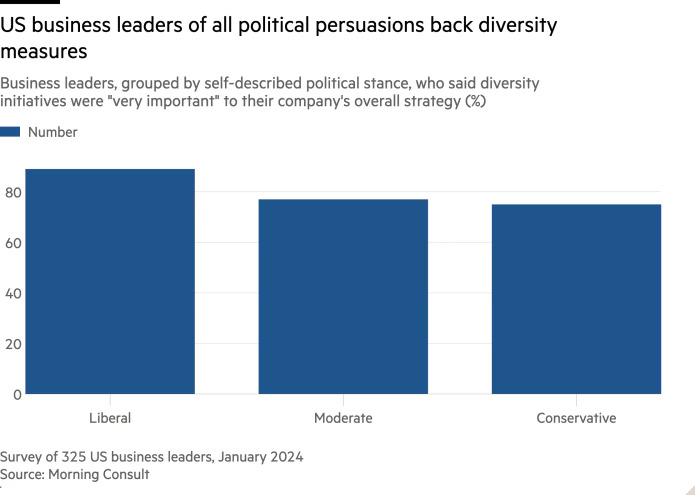
By Sarah Murray
Originally published by The Financial Times on FT.com
At IBM, the holistic approach extends beyond company walls to deepening the talent well from which it can draw. For example, its SkillsBuild free education programme focuses on communities that have traditionally been under-represented in the tech sector.
And in 2016, IBM began removing the four-year degree requirement from many of its job postings. “We tested it out by hiring people without the four-year degree and they were very successful,” says Nixon-Saintil. “So we now prioritise in-demand skills over specific degrees, and we can get more applicants and talent to fill those roles.”
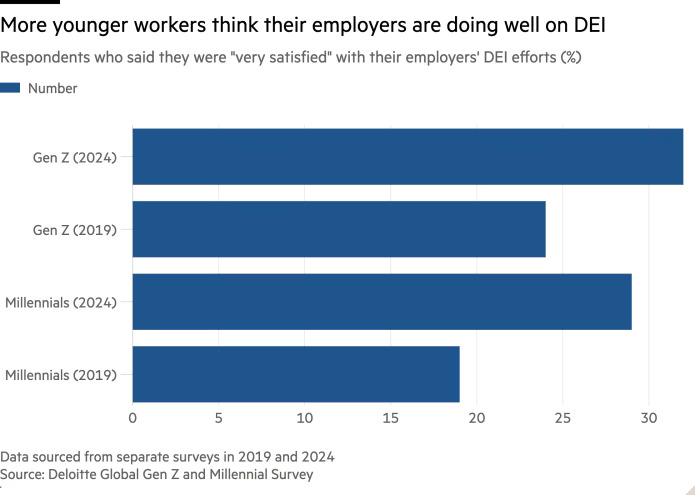
For Yoshino, the backlash against DEI leaves plenty of room for manoeuvre. “There’s so much that companies can do that travels under the banner of DEI that would still be perfectly legal,” he says. “For chief diversity officers it’s finding that sweet spot.”
But he sees that task as critical. “There are broad irreversible trends in society,” he says. “For me, the writing is on the wall as to how we’re going to have to manage a globally connected society.”
Continue reading here
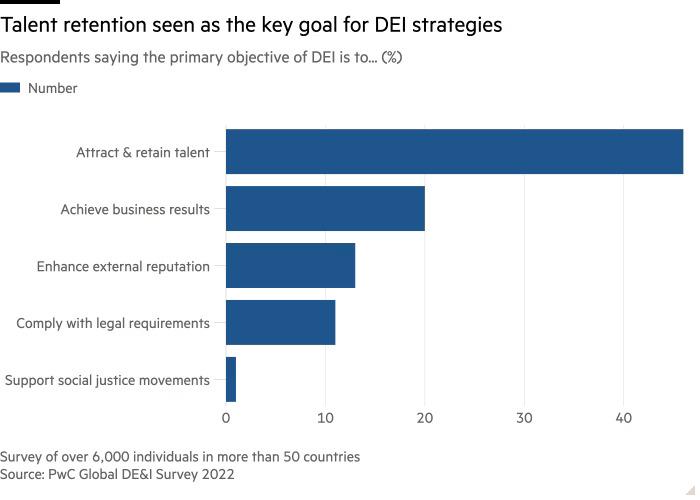
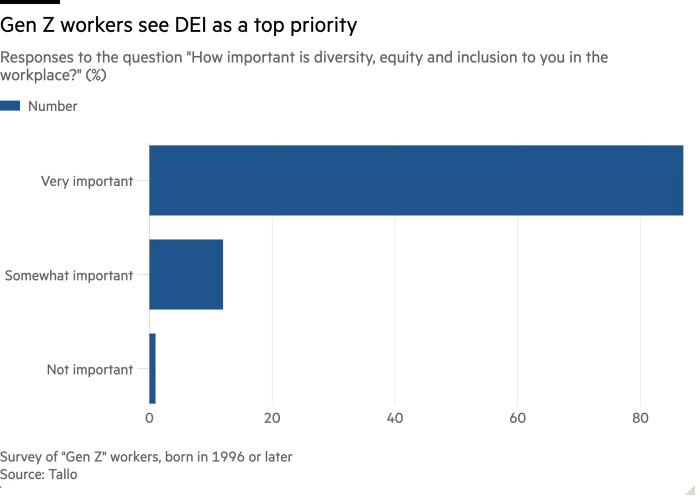
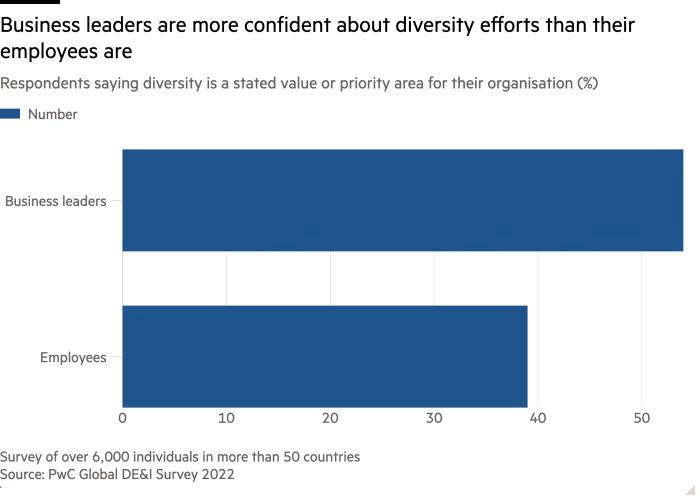

IBM
IBM
Innovation – joining invention and insight to produce important, new value – is at the heart of what we are as a company. And, today, IBM is leading an evolution in corporate citizenship by contributing innovative solutions and strategies that will help transform and empower our global communities.
Our diverse and sustained programs support education, workforce development, arts and culture, and communities in need through targeted grants of technology and project funds. To learn more about our work in the context of IBM's broader corporate responsibility efforts, please visit Innovations in Corporate Responsibility.
More from IBM

